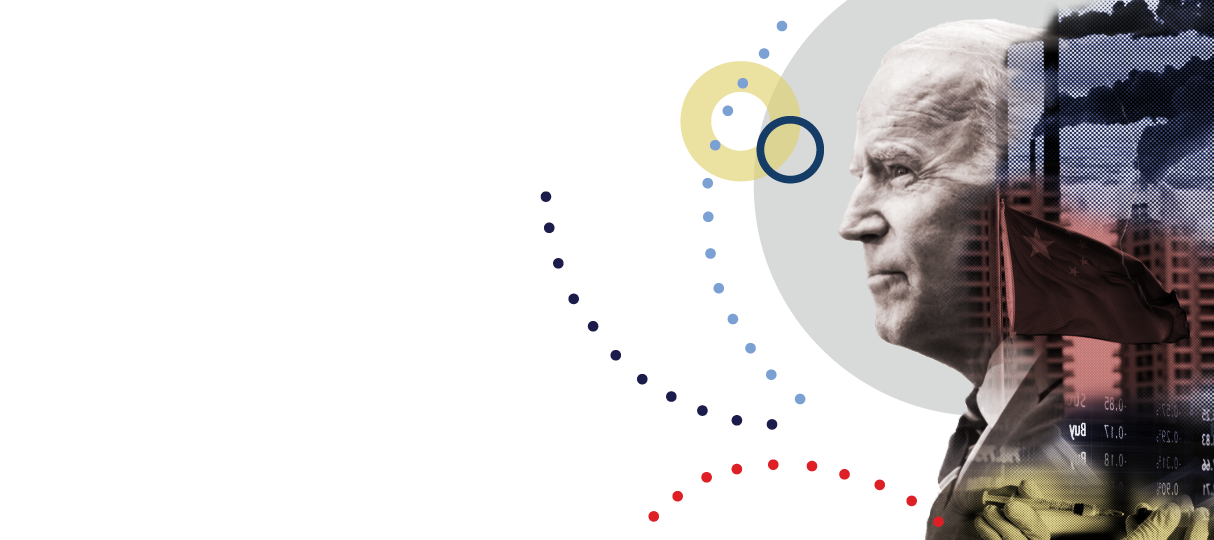A nation must think before it acts.
Orbis Issue revisited: Spring 2021 (65:2), “Challenges Facing the Biden Administration
The Biden Administration has not yet clearly operationalized the concept of a foreign policy for the middle class. No small share of its values-driven foreign policy rhetoric focuses on social issues that are divisive within the middle class. Likewise, the administration has not yet pursued a significant trade agenda or a wider global economic agenda that would promote prosperity and jobs. Instead, officials have focused on climate talks without demonstrating a clear link to middle class concerns. In fairness, the administration has also had to contend with a variety of ongoing crises, including the Covid-19 pandemic and rising tensions with Russia and China.
To the extent that the administration has sought to address middle-class concerns, its most visible actions have been winding down the U.S. presence in Afghanistan and limiting other foreign entanglements. However, the administration has not effectively articulated a “middle class” rationale for this, focusing more in the former case on U.S. commitments under the Trump administration’s agreement with the Taliban and wider strategic concerns (especially competition with China) that are not directly relevant to the middle class.
The Carnegie Council project on U.S. global engagement identified a series of different narratives that might serve as the basis for a new consensus about the U.S. role in the world: restorationist (an effort to return to the pre-2016 consensus that the U.S. sits at the hub of the global system and pursues a strategy of democratic enlargement); transactional internationalism (the U.S. should only do things if there is a clear reward or payoff for Americans); democratic community (the U.S. should partially decouple from the large non-democratic states and focus on strengthening ties with a group of like-minded states in Europe and Asia); regeneration (a partial withdrawal or pullback from world affairs to focus on domestic development); and climate (putting the climate issue as the central organizing principle for foreign policy).
Each of these narratives are visible in U.S. domestic debates surrounding foreign policy, with some stronger OR weaker than others and no dominant approach, thought the democratic community might be the most visible. Neither the administration nor external thinkers and advocates have managed to develop a compelling narrative based on one of these approaches or on integrating two or more of them. Generally speaking, administrations are not well-suited to that task and President Biden, as a tactical pragmatist, does not seem to have an overarching vision for America’s role in the world that could structure policy or a narrative.
Some have argued that coherence returns to foreign policy only when there is an overarching existential threat to force discipline on the process. If the Cold War did so during the 20th century, does some variant of great power competition do the same for the 21st century? Yes, but the process is a slow one, in that U.S. elites have not reached consensus on what great power competition means or how to pursue it. Some prefer primarily confrontational approaches to competition, while others advocate more cautious strategies. Likewise, some see “getting our own house in order”—political, socially and economically—as an essential first step in winning long-term competitions, while others look first to alliances and defense spending. Also, there is still some debate surrounding the necessity of engaging with China on climate change as a shared existential threat, though this view is clearly a minority position. Consolidating elites could take considerable time. And even during the Cold War, there were significant differences in emphasis in how U.S. presidents and Congresses defined U.S. aims.
The views expressed in this article are those of the author alone and do not necessarily reflect the position of the Foreign Policy Research Institute, a non-partisan organization that seeks to publish well-argued, policy-oriented articles on American foreign policy and national security priorities.




